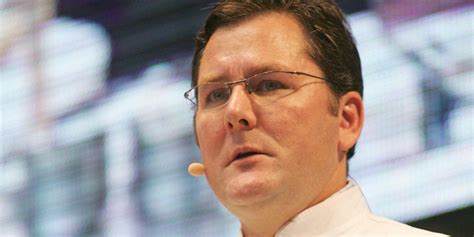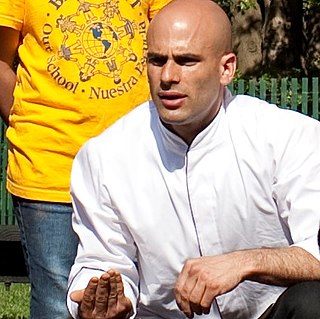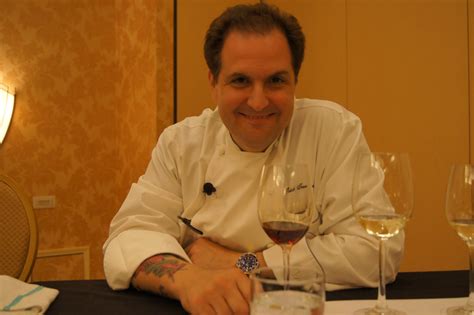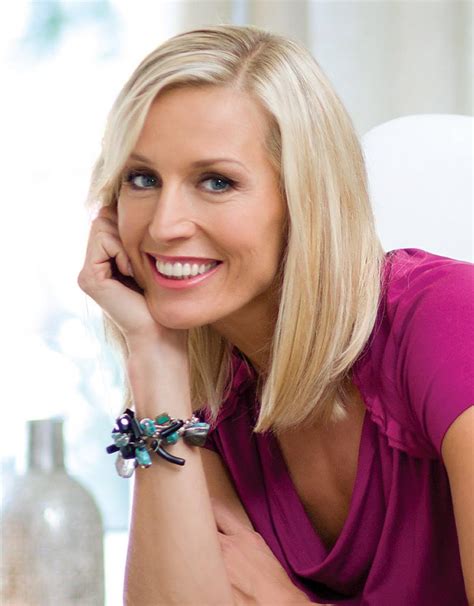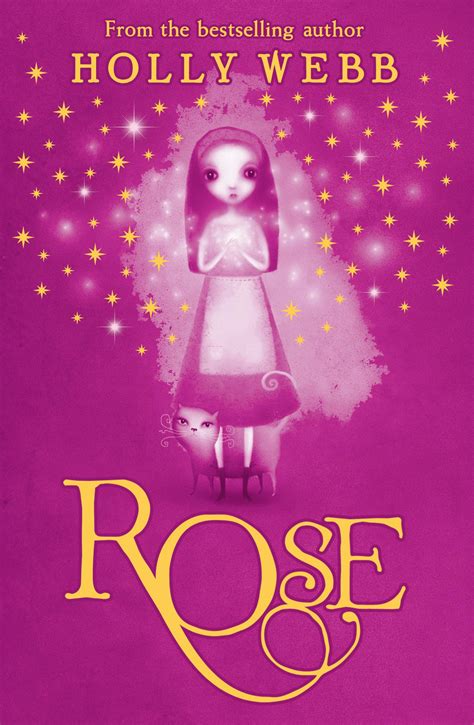A Quote by Calvin Trillin
When it comes to Chinese food I have always operated under the policy that the less known about the preparation the better. A wise diner who is invited to visit the kitchen replies by saying, as politely as possible, that he has a pressing engagement elsewhere.
Related Quotes
I was always a person on my mother's hip in the kitchen. My mom really wanted her kids at her side as much as possible, and she worked in restaurants for over fifty years. And my grandfather had ten children, and he grew and prepared most of the food. My grandmother, on my mother's side, was the family seamstress and the baker. So my mom, the eldest child, was always in the kitchen with my grandpa and I was always in the production and restaurant kitchens and our own kitchen with my mom. And it's just something that has always spoken to me.
It's in that tradition that we're here today, and we look to soup because there's no force on the globe that brings people together on a daily basis with the same consistency and manner than the cultivation, preparation and eating of food. Food affords us the opportunity to touch everyone in our community, to address the needs of all groups - food is the intersection of the most pressing issues of our time.
In terms of cooking with friends, I realized early on that all great meals seem to start and end in the kitchen, and the more you can get people engaged and hands-on, the better the memories will be. So when people come into your kitchen while you're cooking and prepping and politely ask, "Do you need any help?" the key is to say yes.
Every peasant cuisine has incredible ingenious tricks for getting a lot of nutrition out of a small amount of ingredients. There are people who don't have the money to invest in better food, but perhaps they have the time. There's a trade-off: The more time you're willing to put into food preparation, the less money you have to spend.
Food became the antidote for feelings of guilt, sadness, and anger. ... Food is a resolution to controversy; food is rescue. We ate and talked and cried and laughed in the kitchen and ate again. This was about more than just food. It was about our mom making connections the best she could and in the way she knew best across the kitchen table, across time and across sadness.
Right after September 11, 2001, there weren't really any blogs in China, but there were a lot of Chinese chatrooms - and there were a lot of conversations in which Chinese netizens were saying things like, 'served them right.' That was definitely not the official Chinese government policy - which condemned the terrorists.


